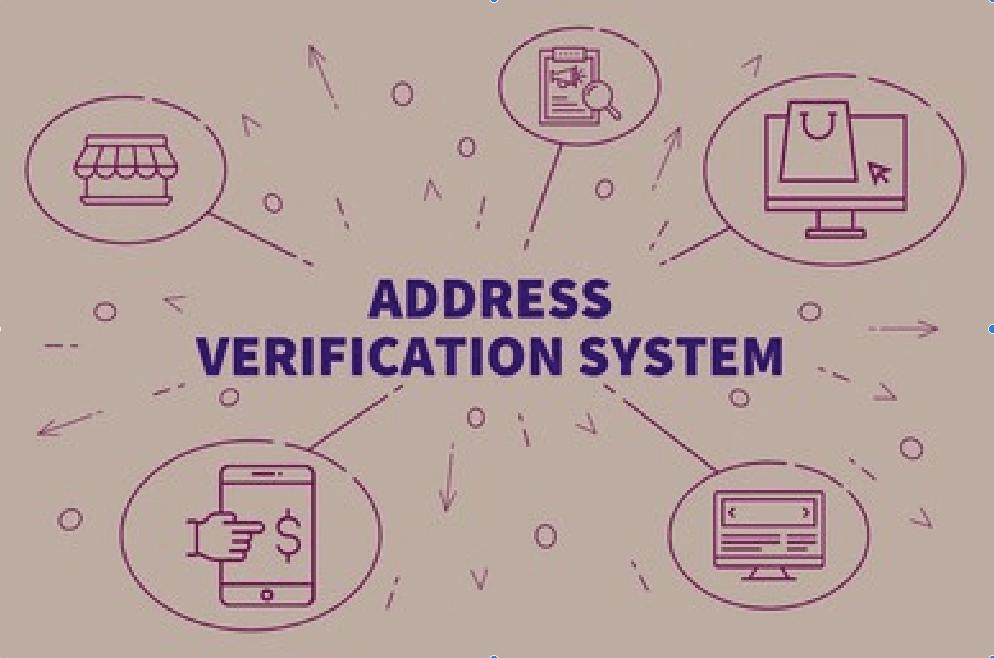
Potencies of Online Address Verification Solutions for Merchants
Merchants and e-commerce giants often overlook the process of check-out as they perceive that customers who once land on their platforms will make a purchase. However, 12% of abandoned carts are because users have to fill in a lot of information. Furthermore, merchants with e-stores that pose a high risk of fraud are another turndown for achieving high clientele.
According to research, more than 18% of customers drive off to other merchants due to complexities in user identification processes. Therefore, retailers must upgrade their operations by integrating online Address Verification Services (AVS). They streamline the purchase journey by eliminating any fraud risks. This article provides an overview of how digitally verifying an address can benefit merchants and customers alike.
Address Verification Systems – An Introduction to its Applications
AVS verifies billing addresses that customers submit upon checkout to mitigate credit card fraud. Malicious actors often use stolen or counterfeit details to process a payment, leaving merchants with huge losses. Card-Not-Present (CNP) fraud, emerging as another major threat, also hinders online shopping sprees. Therefore, merchants require more than just automation and easy filling in of data. They should incorporate address verification services and stay aware of illicit activities.
AI-powered IDV tools authenticate credit card ownership by cross-checking the address details of customers. Credit card processors use this information for an additional layer of security which merchants later verify. Furthermore, AVS tools help shipment partners cross-verify details and prevent chargebacks or returned parcels.
Merchants use several methods for address verification, two of which are discussed in the next section:
Credit Card and Payment Authorisation
Online address verification solutions enable both merchants and credit card processors alike to deter CNP or other types of fraud. Whilst the latter stores accurate information regarding holders, the former can cross-verify data they obtain at the time of checkout. This way, their system not only flags suspicious transactions but also protects customers from misuse of their credit cards.
Access to Global Registers and Databases
Another method to validate addresses is cross-matching them across databases of shipping companies. Courier services often update and keep data in their records where they successfully delivered parcels. This helps merchants to access confidential databases. Hence, they can reduce checkout errors and prevent failed deliveries whilst increasing client conversion rates.
Benefits of Establishing AI-Powered Address Verification Systems
Initially, address verification systems were used by Mail to Order/Phone Order (MOTO) merchants to deal with remote transactions. However, they now give merchants a line of defence against CNP fraud, fraudulent payments, false chargeback claims, and failed shipments. Furthermore, with robust address verification tools, they can ensure accurate risk scoring to mitigate malicious activities in the first place.
Merchants can further reap the following benefits by integrating online address verification tools:
Less Time Taking Check-Out
Customers prefer online store sites that take less of their time, especially during check-out. In case of unnecessary delays, users are less likely to come back. However, integrating AVS can not help them automate the check-out process but also increase client conversion rates.
Automated and Error-Free Data Extraction
OCR tools make verifying address easier with error-free data extraction and machine learning algorithms accurately validate it. As a result, merchants can route the parcels in the right direction whilst minimising the chances of someone else paying the cost for fraudulent purchases. Furthermore, AI-powered address verification eliminates data discrepancies and helps shipping services prevent chargeback or failed delivery costs.
Real-Time User Presence Assurance
With global retail sales projected to cross $8.1 trillion by 2026, merchants should strengthen their user identification protocols. This is to ensure they don’t facilitate bogus purchases or malicious payments. Therefore, it should integrate IDV tools that verify address in real-time and leave less room for fraudulent activities.
IDV systems ask users to upload a real-time selfie that helps analyse liveness and ensures that the customer is present whilst making a purchase.
Geo-Location Cross-Check
AI-powered IDV systems also analyse geo-location whilst verifying an address. Advanced ML tools cross-check whether the user is present in that particular area or not.
Fraud Prevention
IDV tools validate address more accurately and create a defence line against fraudulent purchases. Buyers are more likely to prefer online stores with adequate security controls. Hence, address verification systems help merchants attract more customers during the holiday season.
In a Nutshell
Address verification systems help merchants in various ways from accurate data collection, swift check-outs and fraud prevention to maintain worth in the competitive market. With access to a global database, AVS enables them to cross-validate customer information. As a result, online retailers can offer a frictionless and secure shopping journey by elevating customer trust in their brand. Hence, online address verification tools strengthen merchants’ integrity.
Appreciate the creator